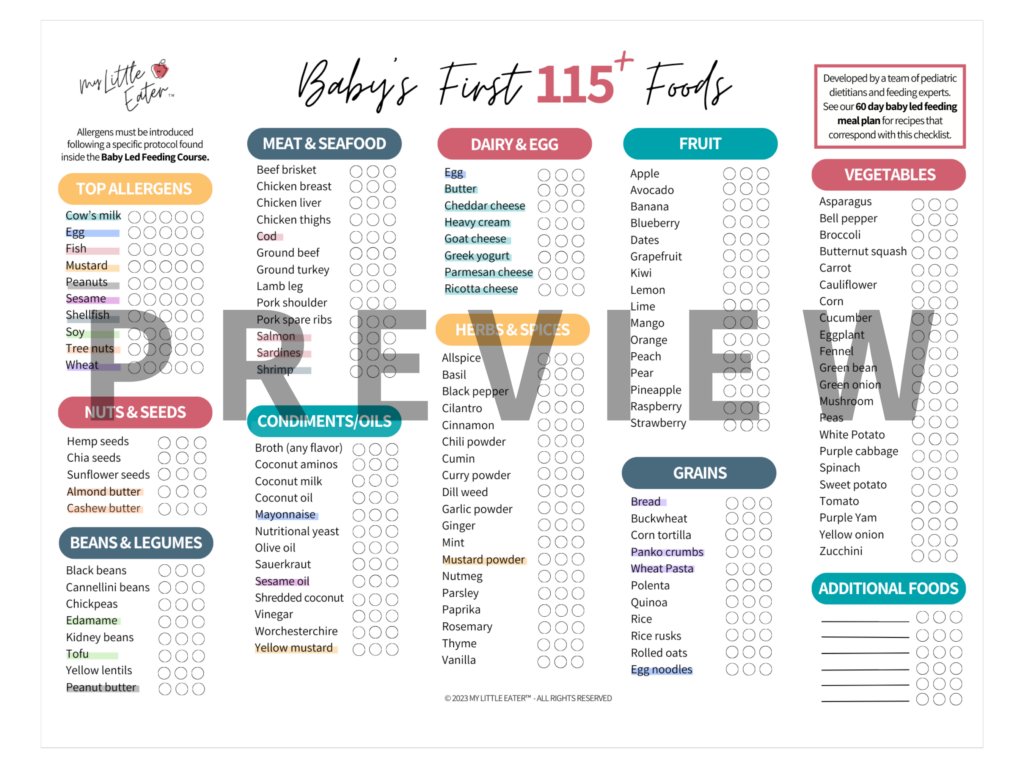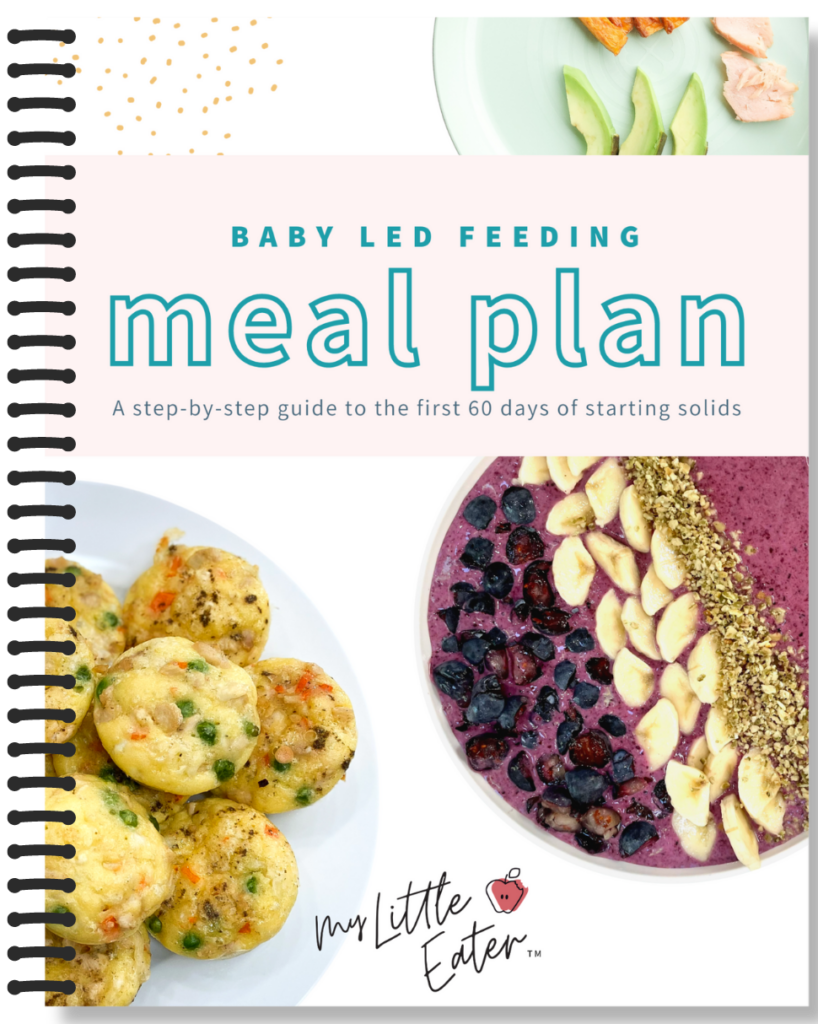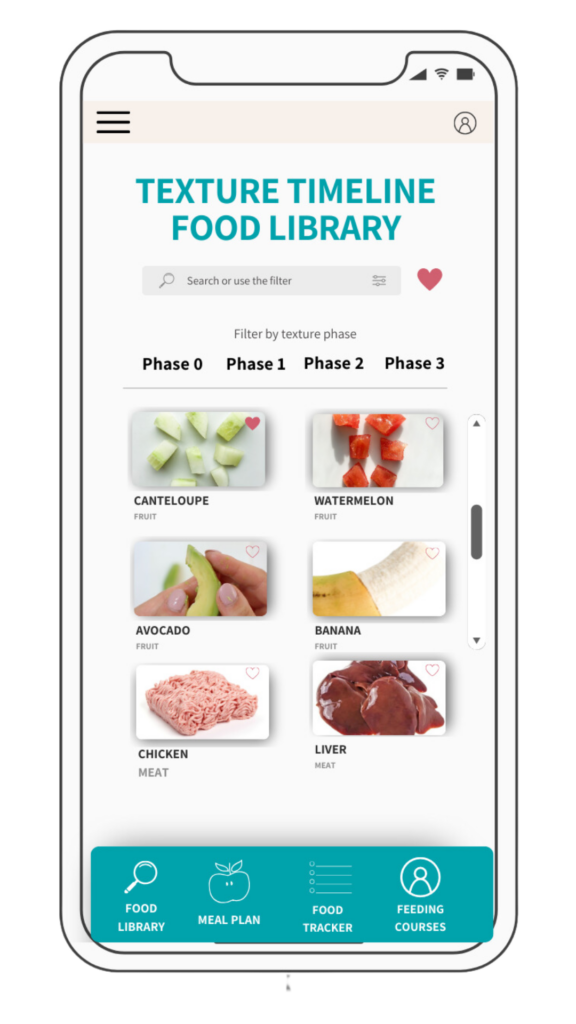
We all know that parenting is hard, this is true even when you have another adult in the home to help you with everything. There’s no need to explain why it’s easier to have the teamwork that comes along with having a live-in co-parent. Having someone to help with making meals, brushing teeth, and reviewing homework is definitely beneficial. We also know that parenting often feels like a juggling competition, where you’re constantly passing off tasks between one parent and the other. But what about for parents who have to do it solo? Whether they’re single parents, they’re partners are always travelling for work, or in the case of today’s episode – they’re in the armed forces? How do military spouses do it?
In honour of Canadian Armed Forces Day, which is celebrated on the first Sunday of June every year, and is a day to celebrate Canada’s armed services, heritage, and personnel, I’m highlighting the amazing sacrifice military spouses make every day. I’ll be showing you a glimpse into their life, including what it’s like feeding and parenting kids while holding down the fort at home – on your own.
To get all the tips and insight for this topic, I brought Amy Morris onto the podcast this week. She’s my Project Director and Community Manager, and if you’d like to hear all about her experience as a military wife, with two kids, 4 and under, and another on the way, click here to listen in.
A bit about Amy:
I brought Amy into My Little Eater™ last February to get the business organized, and help with all the million things I couldn’t do on my own anymore as it kept growing, and she has been a GODSEND.
She’s the Project Director here, but before that was a stay-at-home mom since her oldest was born in 2017. And before that she worked in victim services after getting her Bachelors degree in Forensic Science, and a post-grad diploma in victimology.
Her husband has been in the military for approximately 7 years, and they’ve been together for over 11 now. Which means the military wasn’t his career when they first got together, and that was quite a big decision for them to make, given his previous job was a standard Monday to Friday job with regular business hours. This meant the transition to military life, including often irregular hours and time away from home, was a big one. However, at the time they didn’t have any kids, so Amy says that helped make that transition a bit easier for them.
Now she has two daughters, they’re 4 and 2, two dogs and a cat – so their house is absolutely busy! And she’s about halfway through her pregnancy with baby #3, so they’ll have 3 under 5 in the fall.
I wanted to know what those early days of motherhood were like for her, and she describes it as basically all about survival. Let’s be honest, that’s true for so many moms. In Amy’s case, her second baby was born when her first was approximately 20 months old, so they had 2 under 2. Her husband had to leave when her youngest was about 2 months old, and he missed her oldest’s birthday that year, as well as Easter, so during that time she describes what she did, day-to-day, as the bare minimum. Her kids were fed, dishes were done, everyone got baths, laundry was washed, but probably not folded, she cleaned as she went, and that was it. She tried to keep everything as simple as possible! For example, even though this was pre-covid, she was doing grocery pick ups anyways! She says that it just wasn’t worth it to be bringing both kids into the store with her everytime to do all of her grocery shopping, so she just did pick-ups to make things easier for her.
Honestly, I only discovered grocery pick-up since COVID, but I will never go back! And, as she said, I imagine so many of us, especially as first-time moms, are experiencing what it’s like to transition to having kids, especially in those first years. But as a solo-parent doing it, and in Amy’s case, her husband left when her youngest was 2 months old, it adds an extra element to the transition. So she had to take care of feeding a baby, entertaining a toddler, playing with them, scheduling things, packing for leaving the house, putting them to bed… literally all of the things. And as a solo-parent, there really wasn’t any opportunity for breaks. Amy describes how at that time her children weren’t on coinciding nap schedules, so there was always 1 child awake, all day. The only time they slept together was at night, and she still had to wake with her youngest during the night at that time – so she didn’t get much rest at all.
Transitioning from 1 to 2 Kids:
I also wanted to know what that transition from 1 to 2 kids was like for her, and she describes it as them being really very lucky. Her oldest was so patient and understanding, for the most part, which was a blessing and really not expected given how young she was at the time. The transition was a struggle for them for other reasons though. Amy says they had issues with feeding, and she also had a second unexpected c-section, meaning that recovery was difficult. She couldn’t pick up her toddler, or really help with anything that her toddler needed at that time. This was really hard for her oldest because until then she had really been her shadow. Amy had been a stay-at-home mom, so her oldest was used to being with her 24/7, and so that transition to becoming a big sister, having to share her mom, and then not being able to have the cuddles that she was used to, was a big one.
Amy says that she knows she looks back on that time with rose-coloured glasses, because it probably wasn’t as smooth sailing as she remembers it being, but with everything considered, her daughter did really well with the adjustment. And she really feels that her daughter’s personality was a big contributing factor to that, because she’s naturally fairly calm and content. This time around, that’s her biggest concern because her youngest is the exact opposite!
Preparing for Deployments:
Next I wanted to know how Amy prepares for her husband’s deployments. She’s been through this a few times now over the years, so I was curious to know what she does to prepare, and if there’s anything that might make things even just a little bit easier for her, both when he’s getting ready to leave, and when he’s returning home.
For herself, she tries to make sure she gets a good visit in with her friends before he goes, because that’s much more difficult once he’s gone. And then they also take time to plan out the meals for that first week, and get stocked up on groceries for that time so she’s prepared. Cooking is something that she dreads the most while her husband is away – she hates it! Her husband is the cook of the family, so the moment he says he has to go away, her first response is always “So, what do I feed the kids?”. Therefore, they always make sure to plan out easy meals that she feels confident in cooking so that first week is less stressful for her.
Her husband will also do extra chores around the house before leaving. He’ll help them get caught up on laundry, sort the garbages so that first garbage day isn’t overwhelming, fix things around the house that they maybe had been putting off, things like that. The hope is that she doesn’t have too many surprises during that first week of transition. That first week is all about finding their new normal as just the 3 of them, and trying to get a new routine in place. Everyone is adjusting. Amy often finds that she’s realizing things that her husband usually does without her noticing that now she has to do as well. And she describes her days as feeling much more full and difficult until she really gets into a good groove, and finds that new routine.
Returning home is the same thing, there’s another transition period there. And honestly, sometimes she finds this one harder than when he’s leaving. That’s because not only are the 3 of them transitioning, but her husband has to as well. He can’t just seamlessly slide back into their routines, although they try to make it as easy as possible. She finds that especially since their kids are so young, and they change so fast, it can be really hard to adapt to the differences when her husband comes home. So, for example, the bedtime story that was their favourite before he left, they now hate. Or, they don’t like Frozen anymore, now everything is all about Moana. These little things don’t feel that earth shattering, but to him, it feels like he’s left out and doesn’t really know them, so there’s this learning curve for all of them. And when they were really little, it could be things like he left and they couldn’t roll over, but now they can, or they crawled just a little, but now they’re so speedy and going everywhere. So needing that time to grieve a bit around what he’s missed, makes the transition a bit more difficult for them because it’s important for Amy to recognize that she needs to step back and let him have that time, even if she wants him to just be able to jump right in and understand where they are now – that’s just not realistic. She also says that she needs to remember that he’s there to pick up the slack, so she has to slow down and let him help, especially with the girls. And she also has to remember that he does things differently, so a lot of the transition is her trying not to be frustrated when he does something differently than she would – and I think we’ve probably all been there!
And, I also wanted to know what she does to prep her girls for their dad being away. She said that when her girls were younger, like under 1 year old, they didn’t do much to prepare them for deployment because they didn’t necessarily understand. As they got older, they started talking to them about it, and explaining that Daddy had to go for work. Because her husband is in the Air Force and flies on a plane, that helped with the transition because her girls think that’s really cool, and they can understand that he’s gone on the plane. Now, for them, they don’t understand how far “away” is, so they still look up to the sky anytime they see a plane, and they wave, “Just in case it’s Daddy.” Which is really sweet, but also really sad and difficult for Amy to watch, because they clearly miss him so much.
They usually start talking about the deployment 1 week before he leaves, because if they do any earlier than that, then they just ask about it over and over again. This gives them enough time to adjust to him leaving, without them constantly focusing on that for weeks.
The other thing is that if he’s going to be missing something, like he’s missed a couple of her daughter’s birthdays so far, then they make sure they tell the girls that ahead of time so they aren’t expecting him to be back for that. Her husband will also buy them special birthday presents before he leaves so they get to open them and have something special from Daddy, since he won’t be there on the actual day.
Mealtimes while Solo-Parenting:
Okay, so now I wanted to know more about mealtimes for her. Since she said this is not her favourite, I want to know what tips she has for surviving that, and what she does to kind of try and have some healthy meals, sometimes, while he’s gone. And then, just in general, how does she ensure that mealtime is somewhat of a success on her own – I needed the details!
As she mentioned, this is not her specialty. So, when he’s gone, mealtimes are literally what she dreads the most. She starts off by saying that she sets the bar very low. She does her best to sit down one night a week and plan out dinners for the next week, and then grocery shops based on that. For snacks and lunches, she relies on leftovers and pantry staples. For example, her girls love cheese and yogurt, so those are often worked into snacks with muffins, toast, crackers, etc. Lunches are usually sandwiches of some kind, because they’re easiest and fastest. Or she does leftovers, or a very simple pasta.
Dinners… she hates cooking dinner the most! So she almost exclusively cooks with a crockpot, and makes things she can use twice. For example, she’ll make pulled pork or chicken, they’ll have it with potatoes and a veggie one night, and two days later, she’ll make it into a sandwich or taco with various topping options. Another example that she does is a big pot of chili. She’ll serve that as is one night, and then two days later, offer it as chili-dogs with avocado and cheese to top it off, or something like that. She likes to leave one day in-between serving the same items for variety.
Her biggest advice here is that she doesn’t stress if they eat more hot dogs, chicken nuggets, Kraft Dinner, etc. while her husband’s away, because he doesn’t usually offer those things when he’s here. Just like she doesn’t stress if she has to grab take-out, like McDonald’s, one night a week. For them, his deployments are fairly short. Now, she knows lots of families have much longer deployments, and we give them all the kudos, because we don’t know how they do 6 months to a year. But for them, the deployments are generally shorter, and so it’s all about balance. This time in life lasts just a short while, and then he’s home making more homemade options, so she tells herself that it all evens out, and she doesn’t stress it.
And I totally agree with all she says! First of all, when she talks about setting expectations low, I feel like this is so important for all new moms. And when I say new moms, I don’t just mean that first year of their life, I mean much longer than that, like maybe 10 years (I still want to give myself some grace here too!). We need to balance it all out, not just time-wise, but energy-wise too. So if we always want every single meal to be home-cooked, and have a balanced plate with protein and fiber and healthy fats, and we sit down for a family meal together – but then it doesn’t happen. Well, we automatically feel like we failed. But if we aim to have maybe 3 days a week that that happens, then 2 days it’s more of a free-for-all, and then 1 meal take-out, or however you want to work it out. That’s so much more manageable! And it allows us to meet those expectations, and feel good about that!
And I want you all to know that it really does all even out. For me, in the summer, I don’t like to cook. I want to be outside, I don’t want to be stuck inside over a hot stove, so we eat a lot of BBQ’d hot dogs, or maybe some chicken. And our eating habits just really change in the summer. But I don’t stress about it, because I know that in September we’ll get right back to more of those homemade meals. There’s cycles and seasons to everything. And so knowing what your expectations are, giving yourself grace, and just being able to say this is what works for us, and I’m doing amazing, that is just so helpful.
Setting Boundaries while Solo:
So the next thing I just had to know was whether it’s harder to hold and keep boundaries (at the table, or away from the table) when you’re solo. I assume not having back-up, and maybe just being extra tired plays a role in this. And I also wanted to know if she feels that those boundaries and schedules are more important to have when you’re solo, or if it’s better to just be more loose with the rules?
In her experience, she says that it is absolutely harder, especially if you’re tired, and in her case her girls often team up on her – which isn’t easy! It can also be really difficult if it’s the same tantrum, or argument, that has happened for 3 nights in a row and you’re just not sure if you can handle it all over again.
She provides us with some insight into how she handles this. What she tries to remind herself of is that her girls can sense that it’s difficult for her. They know that things are different when Dad’s not home, and as much as it wears on her, not having him around to help, it wears on them too. So tantrums are often more frequent, accepting no as an answer can be more difficult, and so some days, yes it’s just about letting them all have their moment and being okay with just giving in. She truthfully usually regrets it a few days later when they’re trying to convince her to give in again, but in the moment that’s what she needed, so she tries to just roll with it.
However, when it comes to schedules though, those she needs to keep. She says things would literally never get done otherwise. So they do their best to have their bedtime routine be the same when dad’s home, and when he’s not. For them, this means that bedtime happens at the same time each night, and because she’s really lucky in that both girls sleep all night, they then get up at around the same time each morning. Which therefore means snacks and meals can happen at around the same time each day as well. This not only helps Amy plan out their days, but it really helps her girls to have that consistency too. They actually expect this now, and they will absolutely call her out if she misses a snack, or dinner is late! They know what the schedule and routine is, and benefit from her sticking to it as well. She does clarify that this is by no means down to the minute, she remains as flexible as she can, while keeping their general schedule each day.
I have to say that I think that’s really great advice, it’s very helpful to know as well, and it makes sense about giving in when they need it. When they’re going through hard emotions and they’re finding things really hard, it makes a lot of sense that sometimes you need to meet their emotional needs at that time, and give everyone a break. Amy knows how hard it can be for her at times, so we can only imagine how difficult it would be for her girls – so I really appreciate her letting us in on that.
How to deal with overwhelm while alone:
With everything that Amy has described about what it’s like to solo-parent, I wanted to know what she does to help with the overwhelm, exhaustion, fatigue, and just overall high emotions that have to come along with having such a full plate. Having years of experience in this now, I assumed she had some tactics that she finds really helpful when things get to be too much, and she does not disappoint!
For her, one of the key things she does when she’s having a difficult day is she lets her emotions out. She takes the day if she needs it. Maybe that means that she cries from frustration, or she just lets herself feel that anger and acknowledges how overwhelming it all is. And – she does this in front of the girls. She doesn’t hide her tears from them, she wants them to know that it’s okay to cry when we feel upset, or frustrated, or even when we’re angry. She feels that they need to see that, they need to understand if she’s having a difficult day, and they need to see that she misses their Daddy too.
Then, she takes the night off. So she already explained how she does, what she calls, the bare minimum while her husband is away. But on these nights, after a difficult day, she does even less – so she does nothing. Maybe this means the dishes are left dirty in the sink, maybe she has to re-wash some laundry the next day, maybe she skips bath night, whatever it is, she decreases things even more so she can spend the night relaxing.
I think this is such good advice, and I honestly have to say this is not even the bare minimum – my husband’s home and my kids are older and don’t need me and I still have dishes piling up! So I think she’s doing amazing! I love that she’s really free and open about showing her emotions in front of her girls too. It’s so important for them to see that we aren’t all holding things together perfectly, we all have our days, we all need to cry, and that’s healthy to let our emotions out somehow.
Advice on Asking for Help:
Next, I wanted to know how easy or hard it is to get help as a solo-parent. How does she ensure that she has someone to lean on, and rely on?
She revealed that she’s really lucky because her parents recently retired and moved closer, so she now has help when she needs it. But that certainly wasn’t always the case, and getting help really depends on your situation. Before her parents moved closer, she had to rely on the new friends that she’s made, and if you’re fairly new to a posting, this may be more difficult to do.
She shares that all the military spouses she’s met so far are amazing – they just get it. They’re willing to help when they can, and truly all you have to do is ask. However, she recognizes that this is easier said than done – which is true for her too! Because she’s also a military spouse, she’s aware that her friends may be going through things at the same time that she is. Maybe their spouse is also away, and so then she definitely finds herself hesitating to reach out because she doesn’t want to add anything to their already full plate. But making sure that you do have those friends there for you, should you need it, is important. For example, she had a situation just this past year, before her parents arrived, that meant she needed some emergency help, and she had to rely on her friends for that. She describes feeling guilty at the time for adding to what they already had going on, but the truth is that they were more than willing to help, and it just shows you how amazing having a community for support can be.
Her biggest advice for anyone new to an area is to get out there, as best as you can. Join the groups on social media, there’s usually one for each base, go to the events, and make some new friends. It’s so hard, she totally understands, as an introvert she definitely has to remind herself of these things too, but she really feels like you won’t regret it, and having those people you can rely on is so important.
Personally, I love to hear that there’s such a tight knit community who is there for them – and knowing that reaching out for help isn’t always easy, but being a part of a community where you know that you all are in the same place, and that they would want the exact same type of help and support when inevitably their turn comes around, makes it easier to ask. And just surrounding yourself with like-minded people is so helpful too. It’s important to remember to ask for help when you need it, and I feel like hearing this from Amy is almost giving everyone permission to be able to do just that, and really lean on others when you need it.
Amy’s Best Advice for Other Solo-Parents:
I had to know what her top piece of advice was for other parents who may be facing a situation where their spouse is about to be away for the first time. Maybe they’re being deployed, or maybe they just have to travel and be away for an extended period of time for various reasons. What is Amy’s best advice to those parents?
Set your expectations low.
Now is not the time to want to conquer everything. Decide on what the basic tasks are that need to be done, and set those as your goal. This applies to meals, activities, whatever is on your plate while they’re gone – set that bar low.
She also adds in to not be afraid to tell people what you’re going through. Now, we don’t know every position in the military, so obviously only do this if you’re able to, but there’s absolutely no shame in solo-parenting and not being able to take on everything that you may have if your spouse were home. Inevitably you’re going to be late, or have to reschedule, or cancel because you couldn’t find child care, and it’s okay to let people know that you’re solo-parenting, if you want to. People are generally really understanding, and they’ll just get it.
I truly appreciate all of the advice and tips that Amy had to share with us, and I just want to express my sincere gratitude to her husband, and to all of the Canadians in uniform. Thank you for your time, dedication, and of course, for your service.





